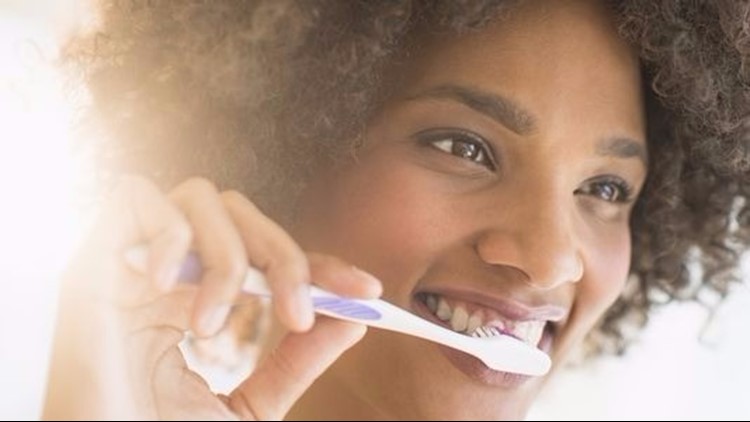What would happen if you tossed your toothbrush for a year?
"Probably nothing good," said Matthew Messina, dentist and American Dental Association spokesperson.
Most people who stop brushing their teeth will develop cavities (tooth decay) and/or periodontal disease (gum disease). Both can be painful and both can cause teeth to fall out.
When bacteria in the mouth isn't brushed away, it can also push immune systems into overdrive and cause a host of problems in other parts of the body. Bacteria under the gum line with access to the blood line can be particularly dangerous, Messina said. A dirty mouth has been linked to respiratory diseases such as pneumonia, heart attacks and even MRSA in the case of dentures.
Everyone's health is different. So, someone could go without brushing for a year and get gum disease and no cavities. Others might have it the other way around. Some could come down with serious health problems. In rare cases, people with healthy diets and good genes could go without cavities, gum disease and health problems, Messina said.
But, even for those who would escape major problems, their teeth would be covered in plaque.
"It's not a lovely feeling," Messina said.
Food particles would stick around. Meaning, the taste of salmon from Saturday dinner would mingle with Sunday brunch.
Morning breath would be a constant, and smell worse every day without brushing.
"It’s not going to be good for relationships with other people," Messina said. "You aren’t going to have a lot of friends."
The ADA recommends brushing teeth twice daily and flossing once daily. Toothbrushes should be changed when frayed, about every four months.



